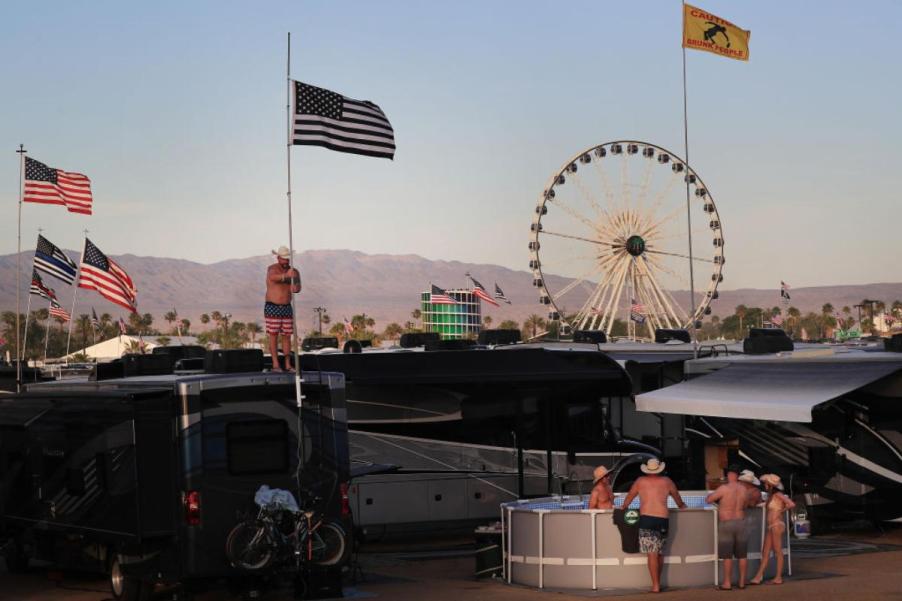
New Report Reveals the Real Reason RVs Are so Popular
When you’re vacationing with an RV, you’ve basically got your own hotel room on wheels. Most of them have a dedicated sleeping and dining area, along with indoor showers and bathtubs on some models. Thanks to all of these accommodations and more, RVs are the perfect vehicles for one particular group of people.
Campers love RVs
According to Camper Report, many consider camping to be one of their favorite vacation activities. 15 million Americans and Canadians went camping in their RVs last year, accounting for 16% of total campers in 2023. Over 6 million campers were first-timers, and the total number of campers is only expected to grow this year.
As long as you can find a place to fit your RV, you can park anywhere next to the wilderness. However, only RVers can take advantage of RV parks. These facilities usually offer some extra amenities for travelers, such as playgrounds and hiking trails.
RV resorts might have laundry facilities, swimming pools, or even a rest house with shower facilities. There are also RV campgrounds where the amenities are more limited, but you can probably stay there for a lower rate.
Can you still go camping in this economy?
The prospect of slowed economic growth apparently doesn’t concern the majority of campers, even those who own large RVs. 56% of RVers still plan to camp in the current economic climate, with 33% of drivers claiming that they would camp even more. 80% of campers in total said that they would forgo other vacations for the sake of more camping trips.
How affordable is camping compared to other leisure activities?
Most vacations require you to purchase plane tickets, which could cost hundreds of dollars per person. While there are some RV parks that charge per person, this practice is relatively uncommon.
Once you get to your destination, you’ll have to pay for accommodations. Most hotel rooms cost at least $70 per night, though $100+ nightly isn’t uncommon if you stay at an upscale chain. In comparison, Campendium averages that you’ll only pay between $10-$50 for a nightly stay at an RV park. You can even get a discount if you take advantage of the park’s monthly or weekly rate.
You’ll also need to worry about food during your trip, since many hotel rooms don’t have dedicated cooking facilities. Eating out at restaurants every night can get quite expensive, and you probably won’t even have a fridge to store the leftovers. Having an RV allows you to buy and store food before your trip, plus you have space and the right equipment to cook.
Camper Report notes that campers are also relatively easy to please, with their biggest concern being Wi-Fi availability. Even the cheapest RV parks usually have free Wi-Fi, but you can also have your own router installed inside your RV. Campers also value recreational activities and accessibility accommodations, both of which you can find at most RV camping grounds.
The biggest financial pain point for RVers is probably the cost of ownership, which can vary greatly depending on the model. RVLove examined the repair and maintenance costs of two RVs over six years. The more modern of the two, produced for the 2012 model year, only cost $400 monthly to maintain on average. The owners were also able to save a lot of money by purchasing an extended RV warranty.
It’s widely known that RVs get terrible gas mileage, but the trick is to drive sparingly. Once you’re safely at your campsite, there’s really no reason that you’ll have to take trips elsewhere. Having all your essential facilities in one place, plus the low cost of camping in general, definitely perpetuates the popularity of RVs.


